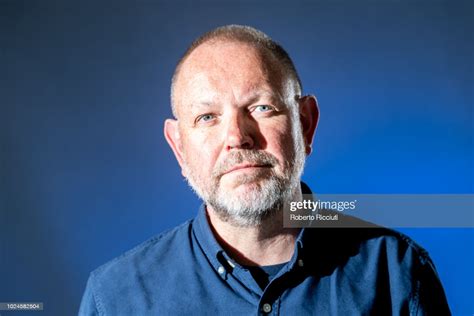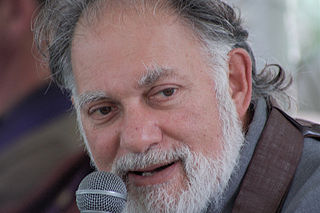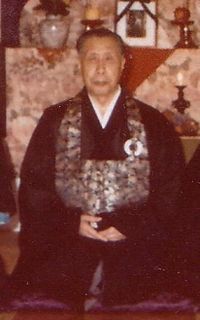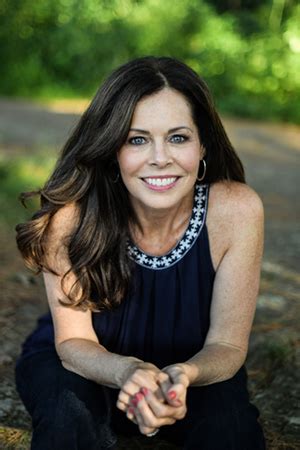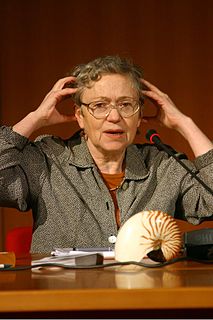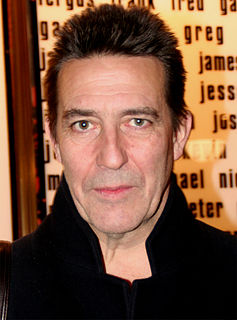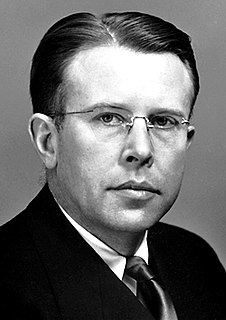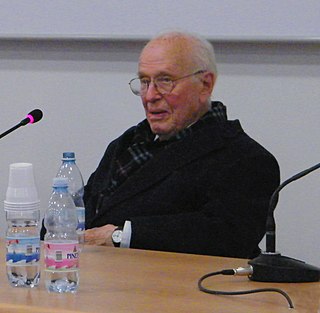A Quote by Francis Spufford
Christianity is a religion of continuity and discontinuity as well. It's about what stays the same and what changes in the twinkling of an eye. Both are necessary truths, but sometimes it's important to accentuate the discontinuity, the sudden leap, the way you go up a tree, Zacchaeus, and come down a saint.
Related Quotes
I've lived in a preindustrial (rural Argentina) as well as an industrial world. You experience a different sense of time in a community that works the land. Human relationships aren't professionalized or contractualized; family and friends take primacy. Life has much more continuity than discontinuity. There's a great deal of poetry in everyday life.
Take the notion of tradition: it is intended to give a special temporal status to a group of phenomena that are both successive and identical (or at least similar); it makes it possible to rethink the dispersion of history in the form of the same; it allows a reduction of the difference proper to every beginning, in order to pursue without discontinuity the endless search for origin.
Sometimes you come to a fall and sometimes you come to white water. Your rowing has to adapt to the situation. You can't do the same stroke coming down a small stream as you would coming down Niagara Falls. Even if you're only rowing down a stream, different things happen: maybe the wind changes, maybe the current, and suddenly everything's different. So gently is really important. Don't power yourself or blast through; rock with the way things are.
I also like to look at the dynamic that takes place between religion and science because, in a way, both are asking the same questions: Who are we? Where do we come from? Why are we here? Where are we going? The methodologies are diametrically opposed, but their motivation is the same; the wellspring is the same in both cases.
